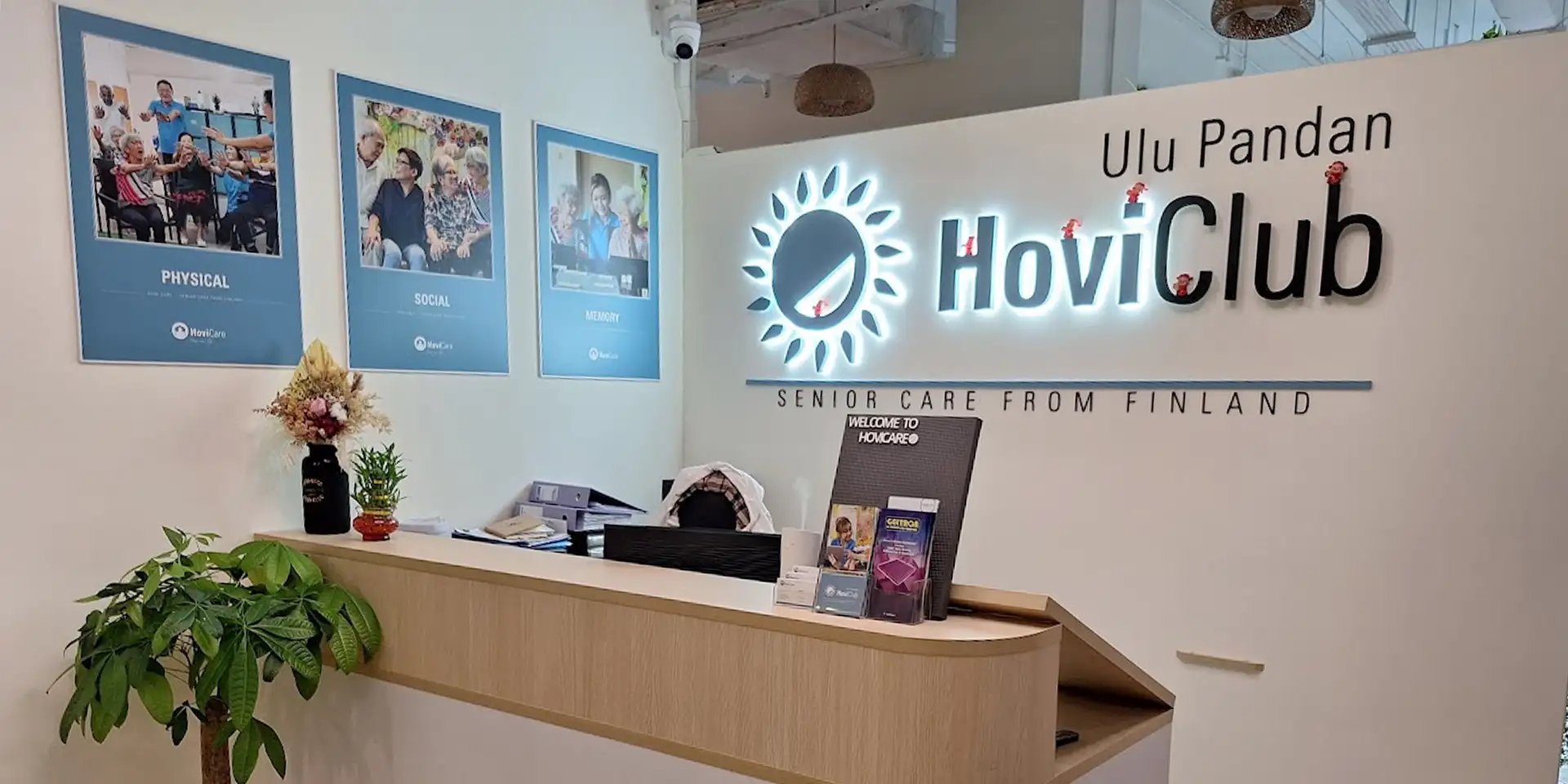Working with the elderly and how to make your day together successful:
Social rehabilitation
Hovi Care wants to openly share with the family members of the elderly some ideas about the ways you can make your day successful. This time, in our section: Working with the elderly, we talk about social rehabilitation.
Social rehabilitation is restoring or developing the social skills, relationships, and networks of individuals who may have experienced social isolation or decline due to various reasons such as ageing, illness, or disability. Here are some good practices for elderly individuals for social rehabilitation:
- Identify social interests: Encourage elderly individuals to identify their social interests and hobbies, such as book clubs, art classes, or volunteering. This can help them connect with others who share similar interests.
- Connect with peers: Encourage elderly individuals to connect with peers in their community, such as joining a senior centre or attending social events. This can provide opportunities for social interaction and connection.
- Attend social activities: Encourage elderly individuals to attend social activities such as group outings, community events, or family gatherings. This can help them feel included and involved in social activities.
- Use technology: Encourage elderly individuals to use technology such as social media, video conferencing, or online classes to stay connected with friends and family and participate in social activities.
- Practice communication skills: Encourage elderly individuals to practice communication skills such as active listening, initiating conversation, and maintaining eye contact. This can help build confidence and improve social interactions.
- Seek professional help: If the elderly individual is experiencing significant social isolation or decline, seek the help of a mental health professional or social worker who can provide support and guidance.
In summary, social rehabilitation is a process of restoring or developing the social skills, relationships, and networks of elderly individuals. Caregivers can encourage elderly individuals to identify their social interests, connect with peers, attend social activities, use technology, practice communication skills, and seek professional help if needed. These practices can help improve the overall social well-being of elderly individuals.
If you want to learn more about working with the elderly and how to make your day together successful, please read our other topics for the subject:



